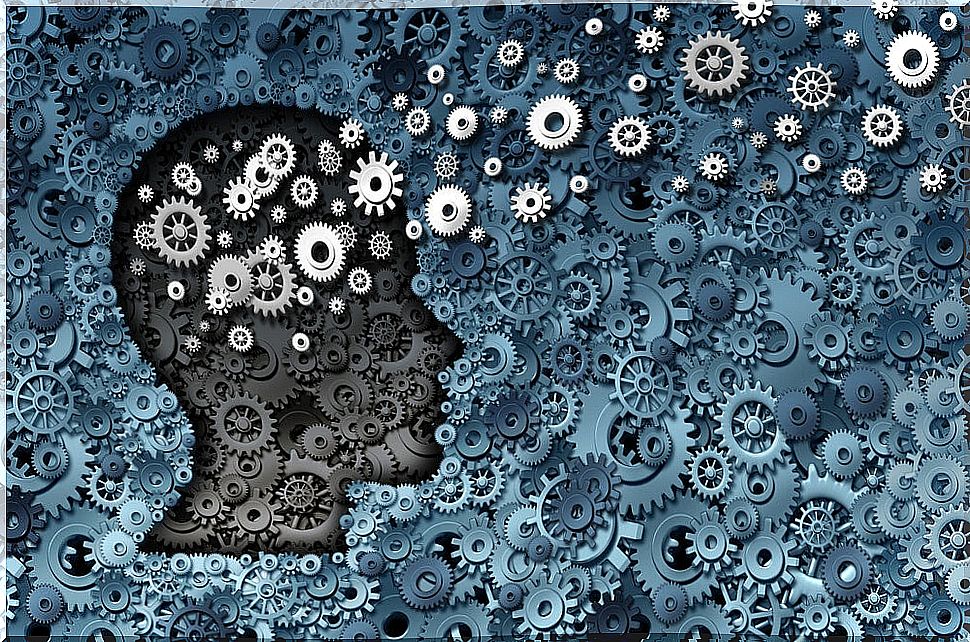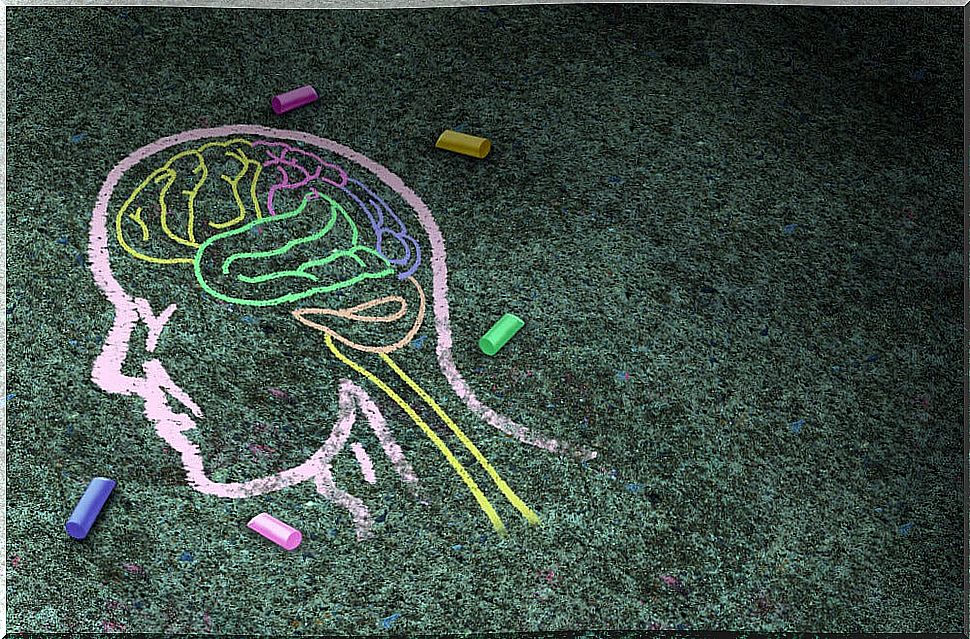What Is Evolutionary Psychology?

It is difficult to understand a person’s behavior without analyzing their life history. Therefore, and almost by chance, ‘Evolutionary or Developmental Psychology’ arose. This attempts to explain the processes of change in human beings in order to adapt to their environment. This is done from a physical, cognitive, emotional and social perspective.
Evolutionary Psychology
The relevant and inseparable variables to study from Evolutionary Psychology are:
- The normal biological development that corresponds to our nature.
- The learning and experiences that our environment provides us.
The study period of this discipline includes from the perinatal stage to death. Although the best known theories have focused on the infant-adolescent stage, because it is when more changes are made in individuals.
In its beginning (17th century), the studies were based on the direct observation of children, in their first years of life. From these studies originated the ‘Baby diaries’, where all the data were recorded, in search of coincidences between the different individuals.
Main theories in Evolutionary Psychology
Maturationism
They defend that all subjects evolve in the same way, regardless of the environment in which they grow up. Evolutionary changes are marked by the maturation of the Nervous System, which gives rise to new capacities. According to this theory, behavior is ontogenetically preprogrammed and inherited.
Psychoanalytic theory
Freud, its highest representative, considered that impulses (drives) and motivations are the basis of development. Advancing the stage depends on how long it takes to overcome each impulse. For this reason, he considers that the stages are not fixed, but flexible and individual.
Learning theories
Watson, its founder, defended that the only thing that can give us reliable information is what can be seen and observed: behavior. Discard hidden thoughts and urges.
Development occurs through cumulative changes, at any age. For this reason, it denies the existence of specific stages.

Modeling Theory or Reinforced Learning
According to Bandura , all you need to evolve is a social context where you can learn from other individuals. Because we are social beings, we will imitate the rest in search of acceptance in the group.
Cognitive theory
Its maximum exponent is Piaget. They defend that different parts of the brain are activated step by step. He was interested in changes in thinking over time and experience, and how it influenced behavior.
Sociocultural theory
According to Vygotsky, development is not possible without social interaction. Individuals learn from each other, peer learning being more effective. However, the guidance of experienced subjects is considered necessary. Social learning is characterized by being active.
Epigenetic theory
Its central idea is that development occurs because genes interact in a dynamic and unique way with the environment. The concept of ‘genetic adaptation’ appears. This refers to the fact that there are variations in the genes that allow adaptation to the environment and procreation, only in the organisms that inherit them.
Stages of development in Evolutionary Psychology
It can be said that Evolutionary Psychology is not a homogeneous discipline. Each theory has divided development into different stages, depending on the base concept around which they have been developed.
Thus, all the information in this regard should be taken as an orientation. Both the onset and the duration of each stage depend on each individual and their own factors. However, 7 stages have been distinguished in the human life cycle.
Stages of the life cycle
- Prenatal. From fertilization to delivery.
- Childhood. It begins with the neonatal period, characterized by reflex actions and indiscriminate emotional reactions. In the first six years, the senses, voluntary movements, psychomotor skills and language are exercised.
- Childhood. At this stage, socialization begins. The child begins to acquire the values that are transmitted to him from his environment. At the same time it develops perception, memory, reasoning, logical thinking and the ability to distinguish between fantasy and reality.

- Adolescence. Above all, a strong feeling of differentiation appears. The search for his own identity begins, which prompts him to experiment and new discoveries. The future begins to worry you.
- Youth. The path to self-knowledge and self-acceptance begins. It is a quieter stage than the previous one, which facilitates learning and increases the ability to face the outside objectively.
- Adulthood. This stage reaches physical, psychological and social fulfillment. ‘Normal adults’ reach maturity (not all do). In other words: they consolidate emotional self-regulation and the ability to cope and solve problems.
- Senescence. It is characterized by a progressive decline, in all areas (physical, mental, emotional, etc.). Sociability tends to be lost, as a result of the deterioration that is suffered. This stage ends with death.










